As referral traffic from search engines and social networks plummets and paid acquisition costs soar, brands must prioritize direct customer relationships to deepen engagement, drive repeat conversion and grow loyalty — factors that ultimately contribute to increased customer lifetime value and sustainable business growth.
Unfortunately for most, this is a big challenge. Siloed teams, channels and data across a growing number of touchpoints make it difficult to provide the unified, contextually connected experiences customers demand.
To solve these challenges, mobile-first customer experience company Airship announced that all of its Experience Platform capabilities developed for apps are now available on the web. This breakthrough enables customer-facing teams to more easily create relevant, unified customer experiences across apps, websites and all channels — driving customers to complete high-value actions without developer support.
Key solutions now available to web marketers and other non-technical staff include:
- Experience Editor: Create and adapt flexible and ever-expanding no-code web and app experiences with full native performance, accessibility and measurement, including:
- Scenes & Stories: Captivate customers with rich, immersive content to drive onboarding, opt-in/registration, adoption and conversion.
- Surveys: Effortlessly collect valuable feedback, interests and preferences out-of-the-box, and instantly use the data to fuel the next personalized experience.
- Embedded Content: Dynamically personalize multiple content blocks of Scenes, Stories and Surveys embedded directly into app screens and web pages to offer relevant value to all customers, including those that typically ignore messages or pop-ups.
- Preference Center: Empower customers to select how, when and where they would like to be communicated with across all channels on both websites and apps.
- Airship Journeys AI: Instantly generate journeys and compelling copy and imagery across Scenes and all Airship-supported channels, connecting web and app experiences with zero-party data collection to achieve your conversion and customer lifecycle goals.
- Experimentation: Test and optimize the performance of every audience segment, journey, feature, experience and message with A/B & multivariate tests, feature flags and holdout experiments.
“Since relaunching our app in April 2023, we have increasingly focused on delivering personalized user experiences, and Airship has been there to support us early in our development,” said David LoPresti, U-Haul App Director. “When Embedded Content was shared with us, we were very excited at what this tool would mean to us and our customers. This no-code solution will help us make every customer experience unique and meaningful and accelerate our understanding of customer behavior and needs so we can make the moving process easier for all customers.”
As customers adopt more channels, creating intuitive customer journeys has also become more difficult and time-consuming. Airship Journeys AI now taps into generative AI and real-time customer intelligence to automatically create cross-channel journeys with message and Scenes content at unprecedented speed and flexibility.
First-Time Visitor Experiences of Leading News Publishers Show Room for Improvement
Media companies have been hit hard by significant declines in referral traffic from search engines and Facebook; the latter declining 50% in one year according to data from Chartbeat and Similarweb. Airship evaluated the websites of 25 of the most influential U.S. news publishers using both smartphones and desktops to examine the first-time visitor experience as without activation there is little chance of an ongoing relationship. Key findings include:
- Only four outlets prompted desktop users to opt in to web notifications; on smartphones it was only two. Only one web opt-in prompt explained the desktop user would receive targeted value, whereas all others used the standard browser prompt — “Allow” or “Don’t Allow” — falling well short of pre-positioning value to the customer.
- In contrast, asking for email opt-in was universal across all outlets, including both smartphone and desktop users. However, smartphone users were twice as likely to see the email prompt before absorbing any content.
- The most popular timing for email opt-in was when users scrolled the first few pages of content, enabling them to begin understanding the outlet’s value — though this was more common on desktops (68%) than smartphones (52%).
- Rather than taking a more proactive approach to securing email opt-in, nearly one-third of outlets required smartphone users to first perform an action (saving an article, following a company, creating a free account or subscribing) prior to seeing the opt-in prompt. The desktop experience was similar for nearly one-quarter of outlets.
While news publishers receive 61% of traffic from smartphones, these 25 websites did a slightly better job in attempting to establish direct connections with desktop users. However, findings show that activating both audiences could use significant improvement, which is where no-code Scenes, Embedded Content and Preference Centers can advance onboarding and pre-position the value of a direct and mutually beneficial relationship.
SOURCE: BusinessWire








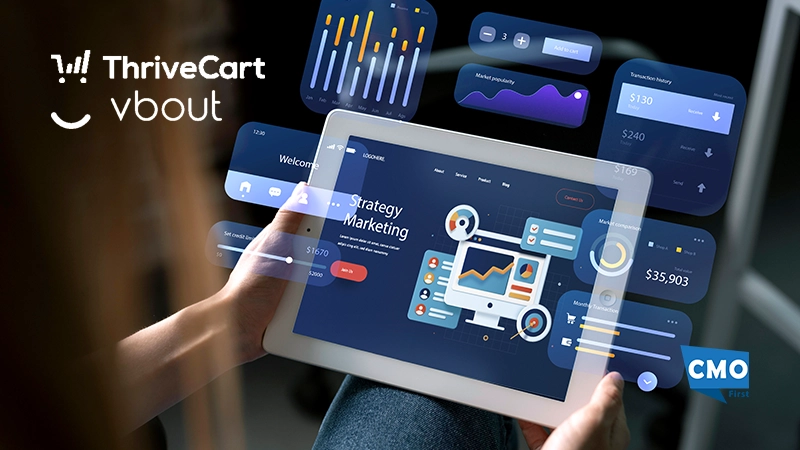


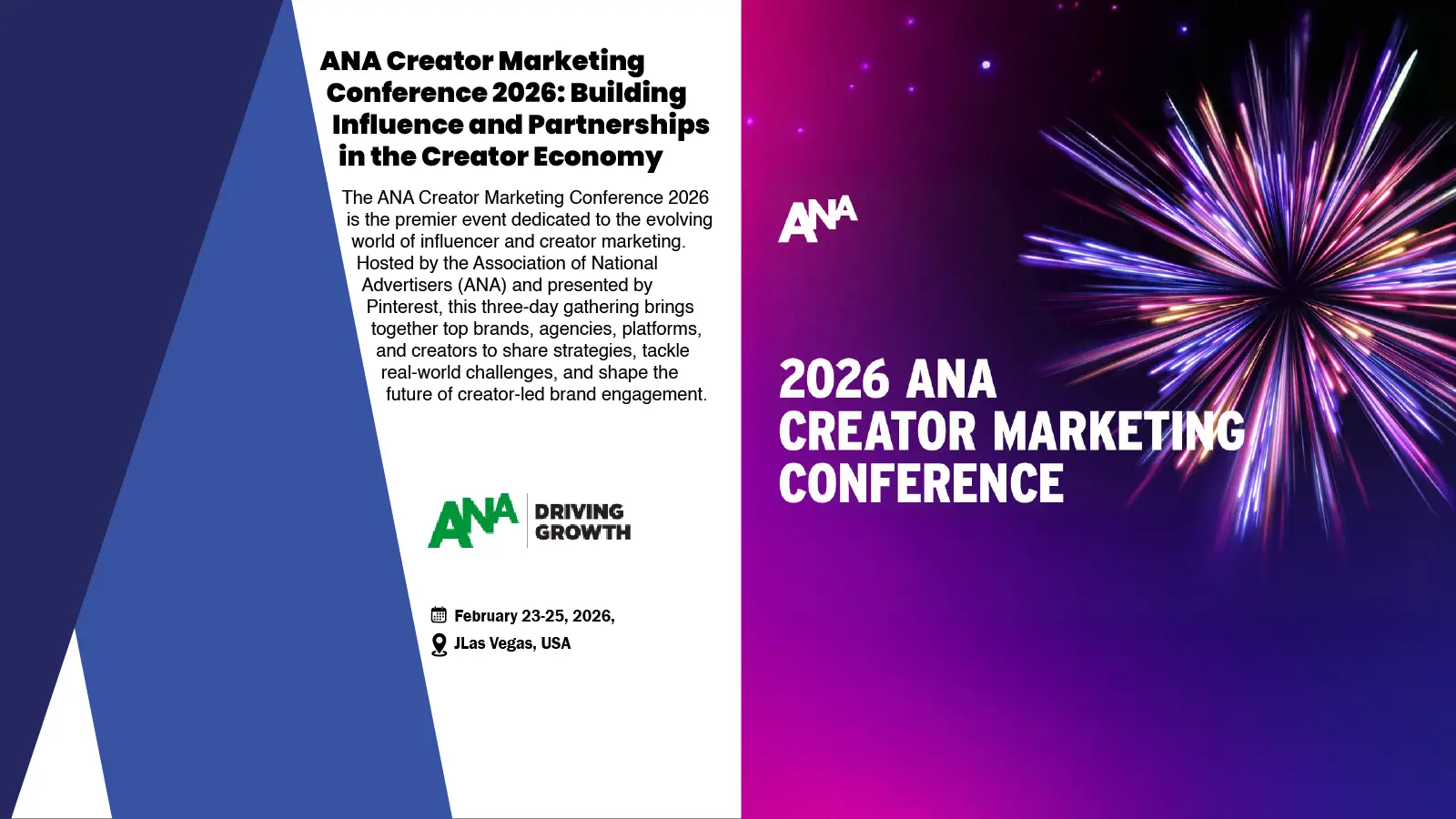




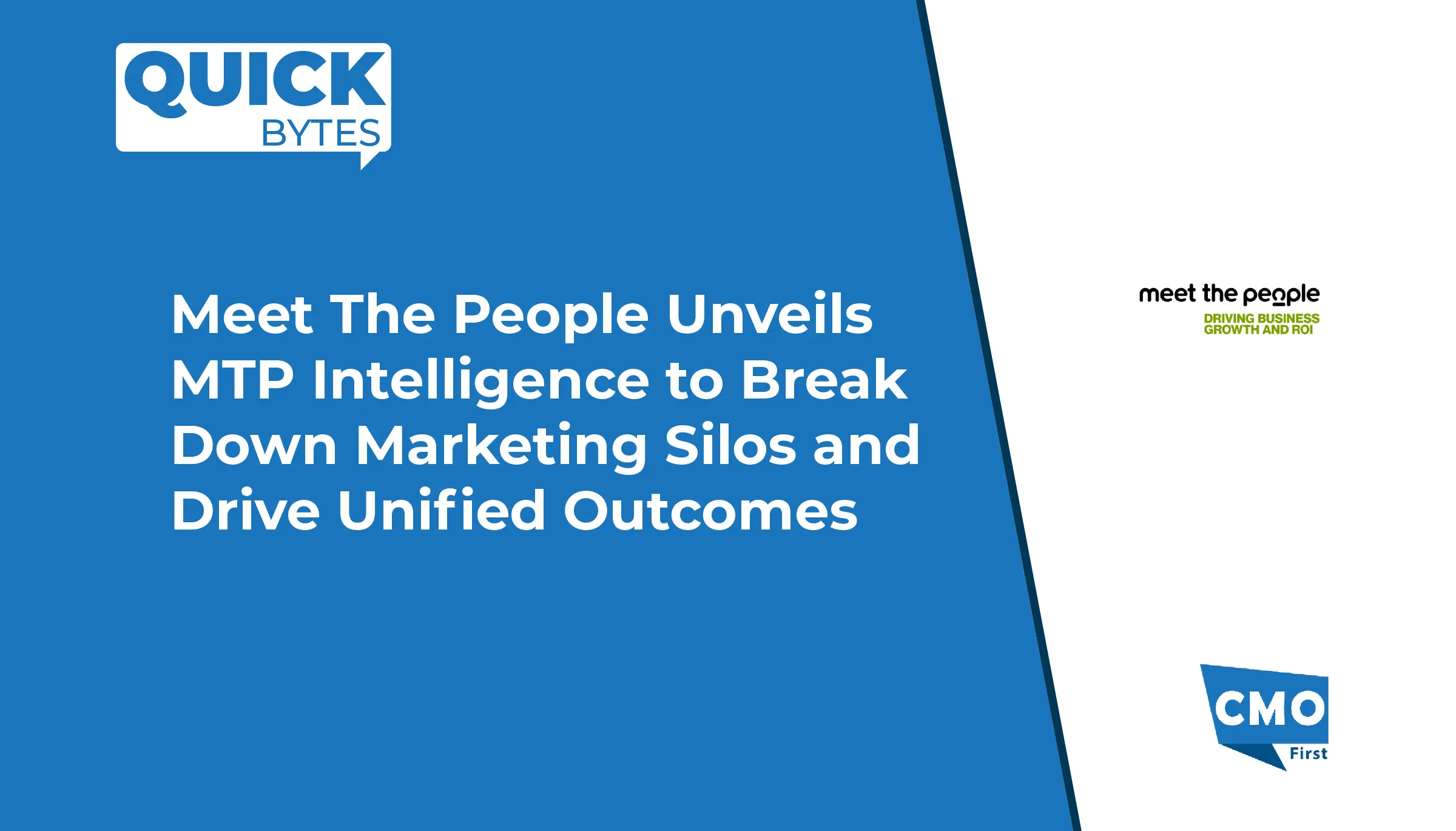
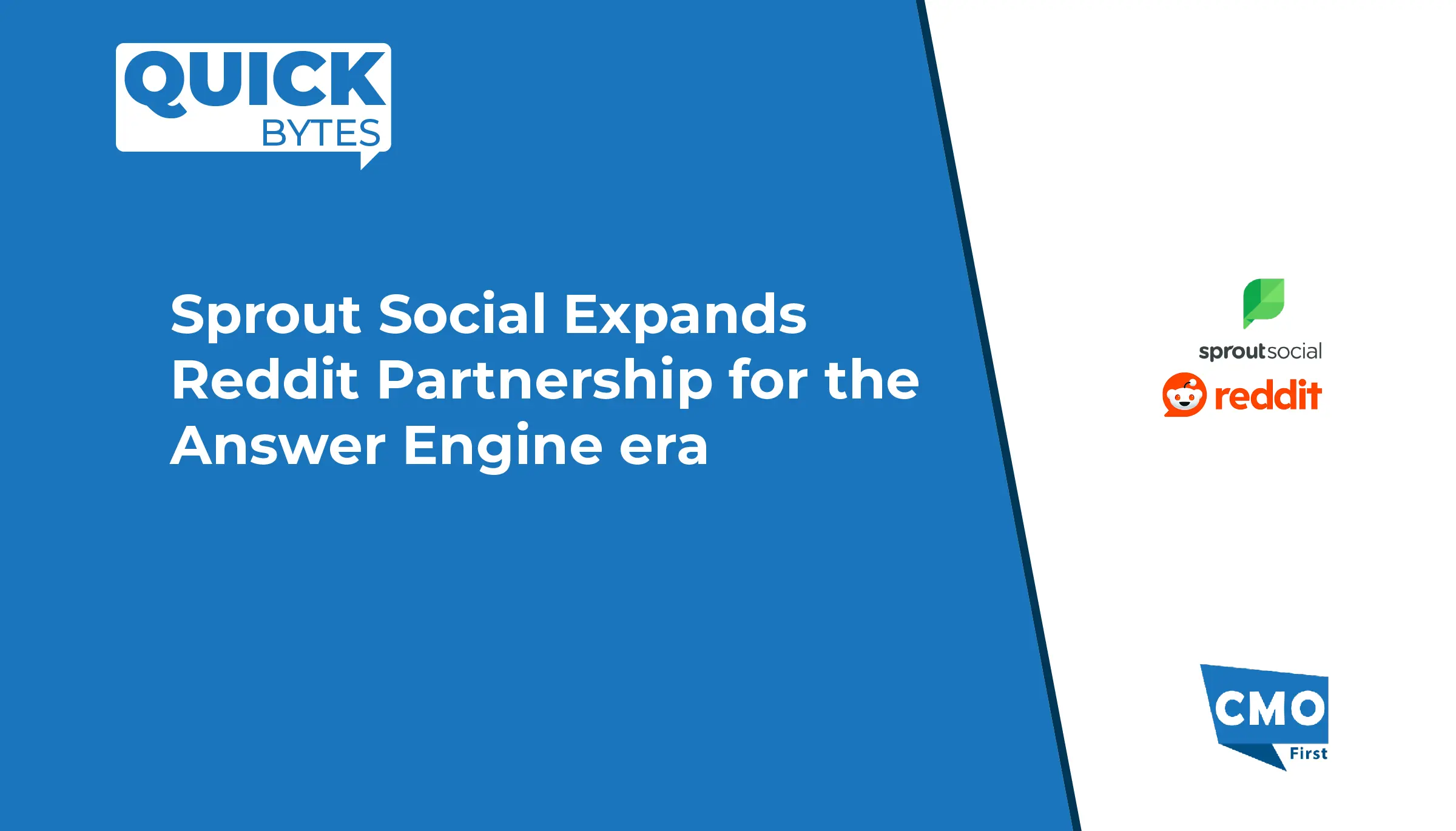
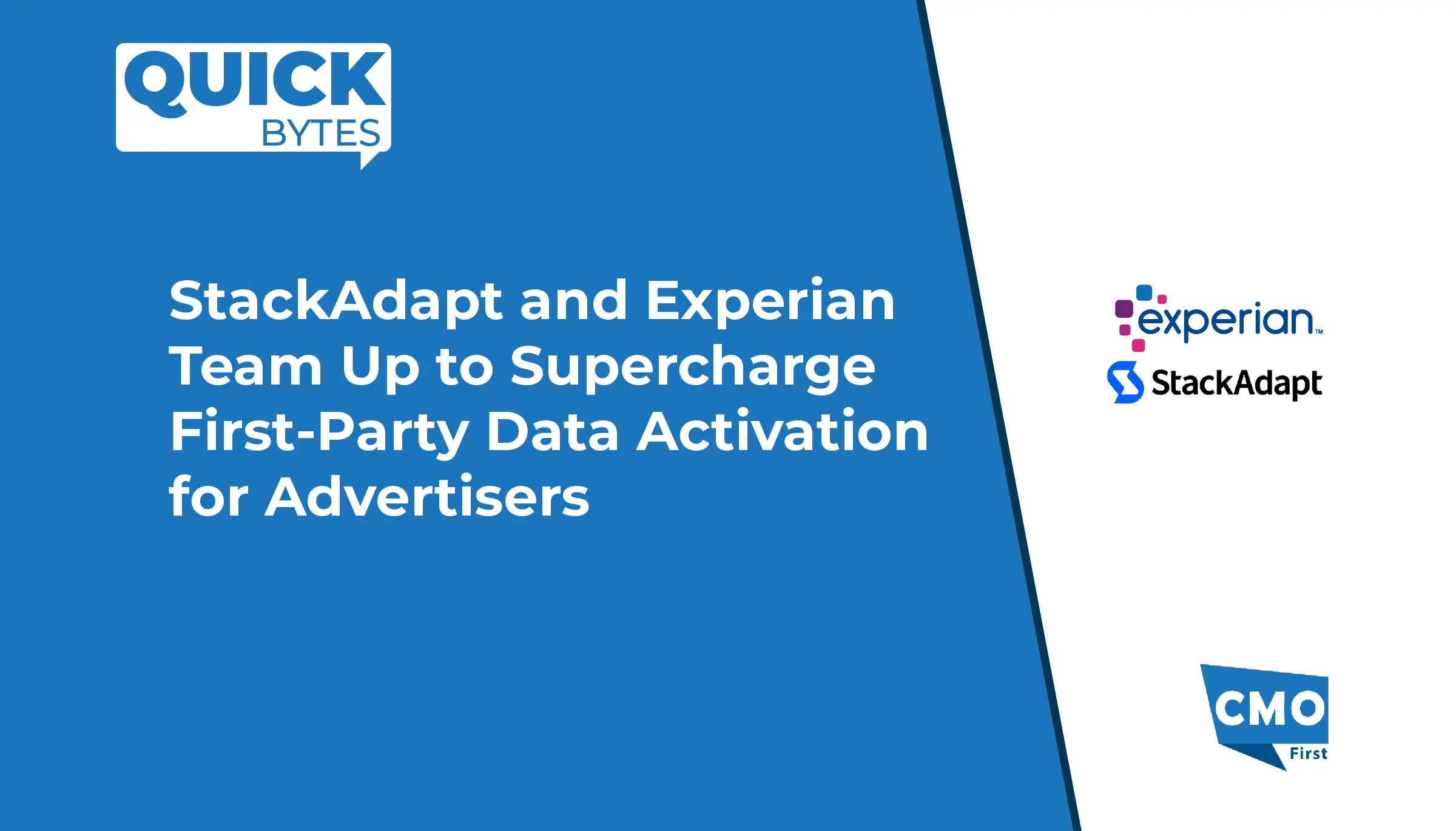
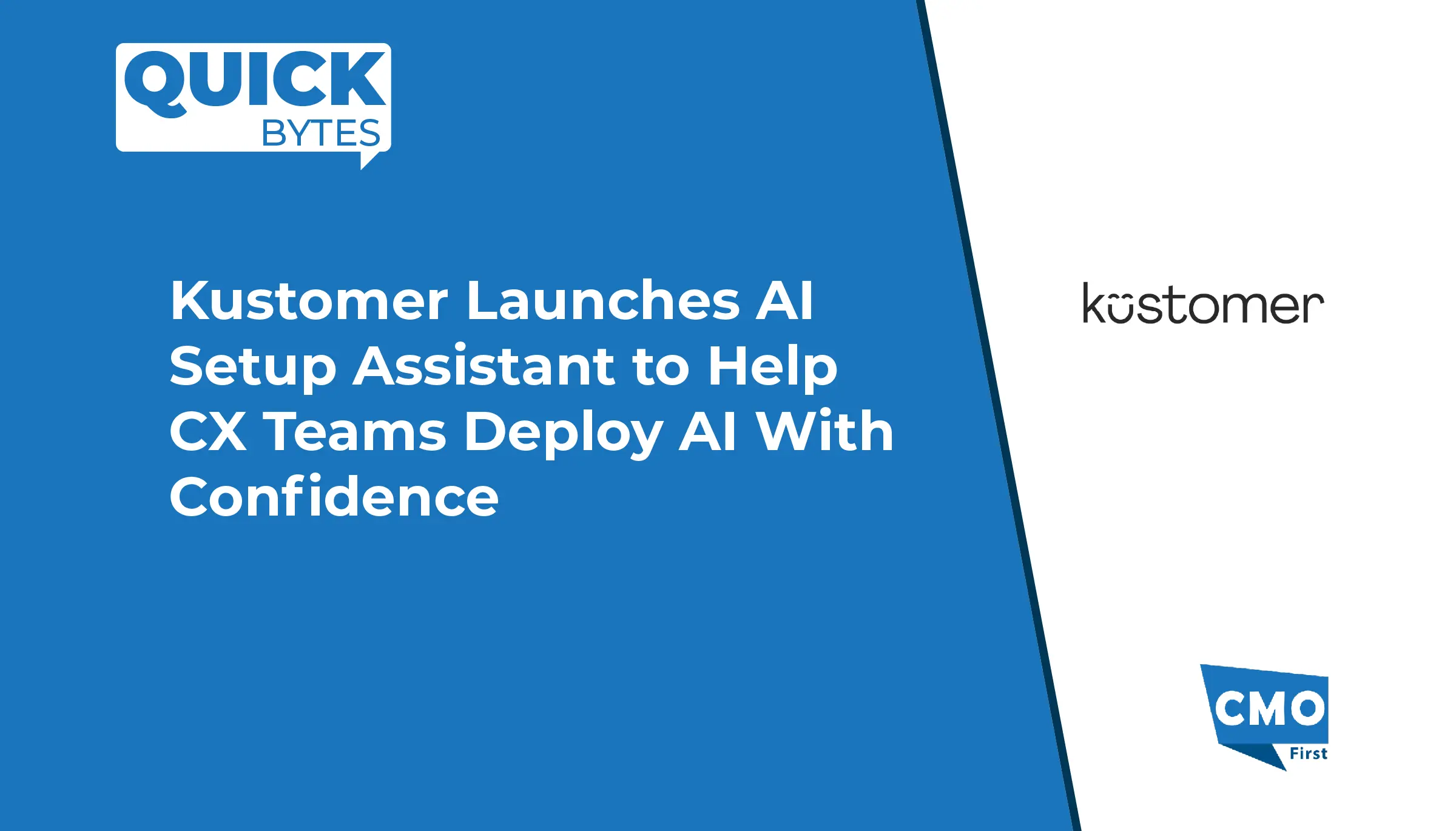



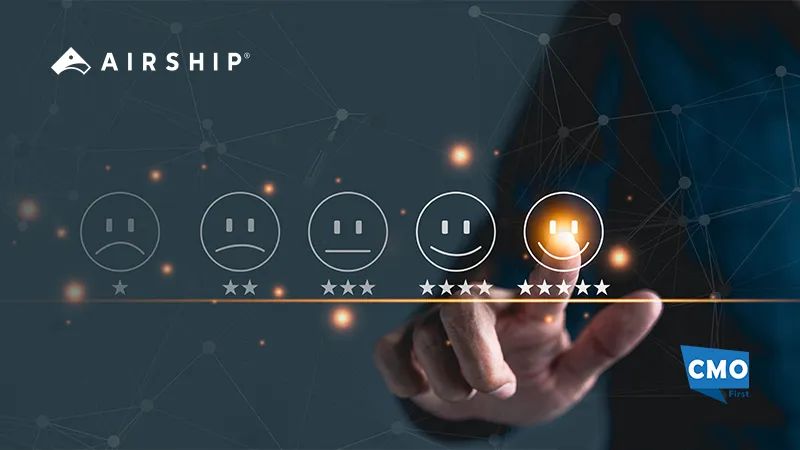

Leave a Reply